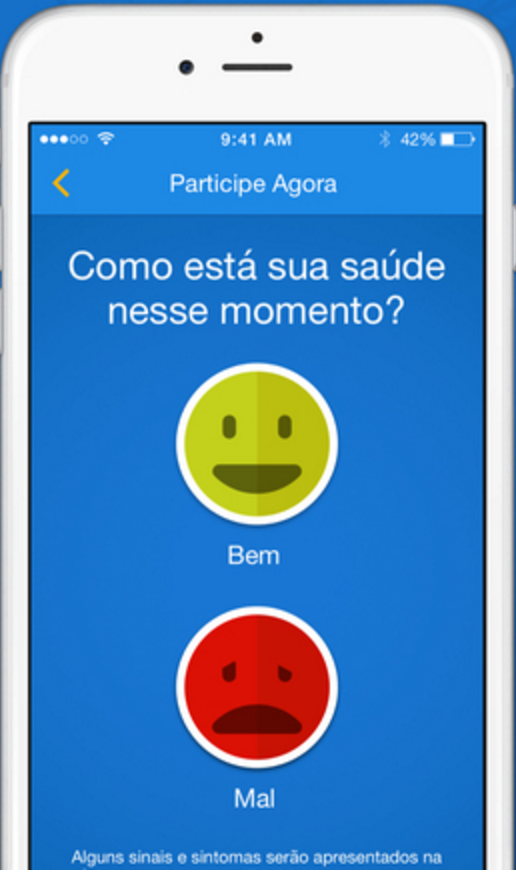 The 2016 Olympic Games are, defiantly, upon us. In the face of Rio de Janeiro’s questionable quality of air, water, mosquito-borne disease control, plus high crime rates, public health officials around the world are bracing for the impact.
The 2016 Olympic Games are, defiantly, upon us. In the face of Rio de Janeiro’s questionable quality of air, water, mosquito-borne disease control, plus high crime rates, public health officials around the world are bracing for the impact.
So, where safety and public health interventions end, the apps are here to fill in the gaps. Most are focused on curbing the spread of Zika virus, which has the double whammy of being both mosquito-borne and sexually-transmitted. It’s a very real concern: Brazil’s government reports Rio de Janeiro has the second-highest number of Zika cases in the country, and the fourth-highest incidence rate. It’s not just Zika, either. Some are suggesting that Rio is so rife with health hazards, the Games will provide an excellent case-study for epidemiologists.
The World Health Organization was the first to launch a mobile health intervention for Zika with the release of the WHO Zika App in March. The app was designed for health care workers and responders, but can be used by anybody and offers medical reference information about the Zika virus. The CDC has a list of recommended health apps, and the Global Warning System launched a few apps aimed at overall safety as well as one to aid people in finding urgent care.
In July, the Brazilian Ministry of Health launched the Guardioes de Suade, which gives Brazil residents, attendees of the Games and an estimated half a million foreign visitors the ability to indicate their health condition daily by reporting specific symptoms typical of epidemics in the country. Launched in partnership with the US-based Skoll Global Threats Fund – which uses crowd-sourced surveillance efforts for mass events to collect information about the risk of disease transmission – the app is based on a similar app that was launched during the 2014 FIFA World Cup.
IBM also announced several initiatives to fight Zika. In July, the company said it would work with Brazil’s Oswaldo Cruz Foundation, a research institution affiliated with the Brazilian Ministry of Health, on a number of interconnected initiatives to combat the Zika virus. The piece that’s attracted the most attention so far is OpenZika, a project that crowdsources the computing power of many peoples’ Android smartphones. By downloading a free app, anyone can make their phone’s extra computing power available to scientists, who will use it to screen chemical compounds to identify candidates for Zika treatments.
Risk of picking up disease is everywhere. Mosquitoes thrive near water, and microorganisms thrive in it. As efforts to clean Rio's beaches and rivers are underway, people who enter the water have been instructed to keep their eyes and mouths closed. In the face of such likelihood for contracting water-borne illnesses, the ability to quickly report symptoms is critical. Connected devices that do just that will speed this process along. Every Olympic athlete and their guests were offered a free Kinsa connected thermometer to track medications and any symptoms like fever and nausea, plus see what symptoms and illness were circulating in the area with the application’s map.
It’s not just Zika, of course. Other digital health education campaigns encourage safe sex, such as the Yes to Sex platform. Although the name suggests an open-minded embrace to all things carnal in the “international sexual hot spot” that is the Olympic Village (as referenced by the organization), the free app is mostly a reminder to confirm use of protection and consent. Plus, it translates the phrase, “Let’s use a condom,” into 93 languages.
Just how much public health will be affected during Rio's Olympics remains to be seen, as does the impact of digital health tools to protect people. As we watch everything unfold, it appears that the most people can do to keep themselves safe is to practice extreme awareness, and buttress that vigilance with apps that aim to curb the spread of disease.
In an interview with the Los Angeles Times, US Olympic Committee Chief Executive Scott Blackmun dryly summed up to what extent humans can control environmental health hazards.
“At the end of the day, it’s a complicated world and there’s risk associated with everything.”














